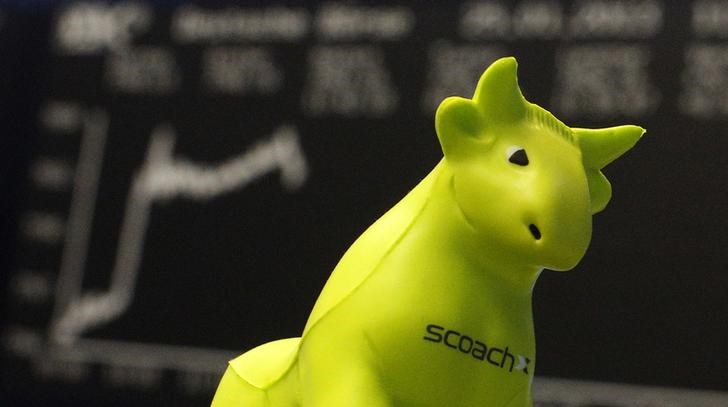Industrial orders in Germany rose, stocks ignore growth
2022.12.06 04:29
[ad_1]

Industrial orders in Germany rose, stocks ignore growth
Budrigannews.com – In subdued trading on Tuesday, European stock markets traded largely unchanged. Stronger-than-anticipated German industrial production numbers helped to offset generally negative global sentiment.
The in Germany traded 0.1% higher at 03:55 ET (08:55 GMT), the in France traded 0.1% higher, and the in the United Kingdom traded 0.1% lower.
After the negative close on Wall Street on Tuesday, where activity unexpectedly accelerated in November, raising concerns that the Federal Reserve could continue to aggressively tighten monetary policy, risk-off sentiment is generally holding sway worldwide.
Be that as it may, from Germany, the greatest economy in the Eurozone, rose 0.8% in October, information delivered Tuesday showed. This is better than the revised 2.9% decrease from the previous month, which was higher than anticipated.
After data on Monday showed that the Eurozone’s economy declined for the fifth month in a row in November, pointing to a recession next year, this was a rare piece of good news for the region. The decline came as consumers cut back on spending amid rising inflation.
According to Philip Lane, chief economist for the European Central Bank, the is still anticipated to raise interest rates next week and will need to do so multiple times to control price pressures.
In the business world, Porsche AG (ETR:) The announcement that the sports car manufacturer will join the German blue-chip DAX index on December 19, just over two months after its market debut, sent the stock up 0.8% on Monday by exchange operator Deutsche Boerse.
Paris Aeroports (EPA:) After Royal Schiphol Group announced that it had sold off its remaining stake in the French airports company, stock fell 12 percent.
(LON:) Ashtead After the industrial equipment rental company announced that its half-year results would be “ahead of our previous expectations,” the stock rose 3%.
Tuesday saw a rebound in crude oil prices following sharp losses in the previous session. This was due to continued optimism regarding a recovery in Chinese demand as several cities in the world’s largest crude importer relaxed additional COVID restrictions over the weekend.
After the strong services sector data from the United States on Monday, oil prices fell by more than 3% as traders dealt with the EU import ban and the Group of Seven’s $60-a-barrel price cap on seaborne Russian oil.
By 4:00 p.m. Eastern Time (ET), futures were trading 0.1% higher at $76.95 a barrel and the contract was up 0.2% to $82.87.








